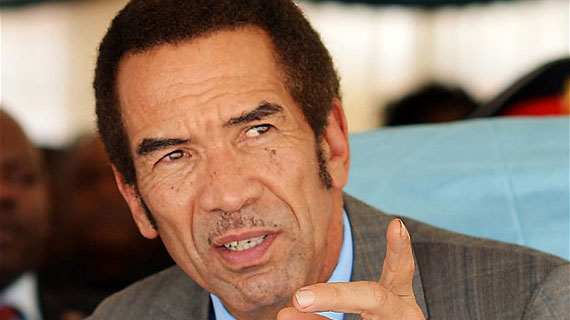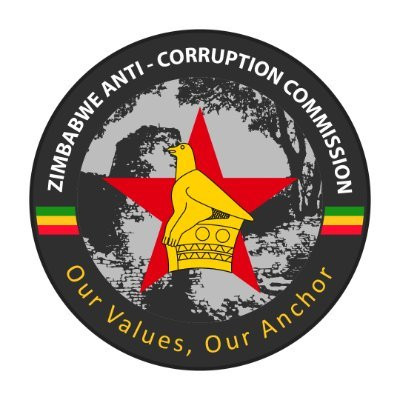
President Robert Mugabe faces a fresh headache as neighbouring Botswana yesterday called for an audit of last week’s election results, saying the poll did not meet acceptable standards for free and fair polls.
Nduduzo Tshuma
Botswana has called for the inclusion of Zimbabwe on the agenda of the next Sadc summit.
The Botswana government said Sadc should not set a precedent by endorsing Zimbabwe’s polls as credible, when they fell far short of regional standards.
“It is the perspective of the government of Botswana that in the context of the preliminary findings of (Sadc Electoral Observer Mission) SEOM, as well as the initial report of our own observer team, that there is a need for an independent audit of the just-concluded electoral process in a,” Botswana said.
“There is no doubt that what has been revealed so far by our observers cannot be considered as an acceptable standard for free and fair elections in Sadc.
“The community, Sadc, should never create the undesirable precedent of permitting exceptions to its own rules.”
In the statement, Botswana said the audit would shed light on the conduct of the just-ended election and indicate any shortcomings and irregularities that could have affected its result.
- Chamisa under fire over US$120K donation
- Mavhunga puts DeMbare into Chibuku quarterfinals
- Pension funds bet on Cabora Bassa oilfields
- Councils defy govt fire tender directive
Keep Reading
“This will ensure that all involved in future elections would be aware of what to look out for and that there is no repeat of the same,” the neighbouring country said.
Botswana conceded that the election was free from violence and intimidation, but said there were a number of irregularities that discredited the outcome of the polls like delays in providing the voters’ roll.
“However, various incidents and circumstances were revealed that call into question whether the entire electoral process, and thus its final result, can be recognised as having been fair, transparent and credible in the context of the Sadc principles and guidelines governing democratic elections within the community,” Botswana said.
“That is why the SEOM described the elections as ‘free and peaceful’ as opposed to ‘free and fair’, the latter being the criteria for credible elections.”
Botswana said besides delays in the provision of the voters’ roll, which excluded some people from taking part in the polls, “concerns were also raised about the conduct and integrity of the special voting process that was carried out on July 14 and 15.
“There are many other examples that our observers shared with the government that clearly indicate that the process was undermined by these and other irregularities,” the statement said.
“Our observers are currently compiling a report of such incidents for submission to Sadc, the African Union and other concerned stakeholders.”
The neighbouring country expressed hope that the issue of the Zimbabwean elections would be placed on the agenda of the Summit of Sadc Heads of State and government, scheduled for Lilongwe, Malawi, later this month.
Meanwhile, South Africa’s International Relations and Co-operation deputy minister Ebrahim Ebrahim has openly contradicted the country’s President Jacob Zuma’s assertion that elections in Zimbabwe had been successful.
Zuma congratulated his Zimbabwean counterpart President Robert Mugabe on holding a successful election, but Ebrahim questioned how an election can be termed successful when it had not been fair. “We did not say that the (Zimbabwean election) was fair. We said it was free, but we did not use ‘fair’ or ‘credible’,” he told a South African radio station. Mugabe won 61% of the total tally, but Western countries have been quick to describe the poll as flawed, while regional observers all but gave the election the thumbs up.
In a statement, South Africa’s opposition, the Democratic Alliance (DA) called on Zuma to retract his congratulatory message to Mugabe, saying this was premature.
The party said there were serious irregularities in the manner the elections were conducted and Zuma should have raised the red flag. “Sadc, the African Union, the DA’s own observers and civil society noted serious irregularities with the voters’ roll and voting process,” the statement said.
“How could the president, therefore, declare the Zimbabwean elections ‘successful’, given these irregularities? Was there any discussion with key members of Cabinet before making such a finding?”
The DA asked whether South Africa’s own electoral commission would have allowed elections to go ahead under conditions of significant irregularities in that country.
“The answer would be ‘No’,” it said. “The South African government, therefore, should not be congratulating Mugabe on a result which they would themselves not accept.”










